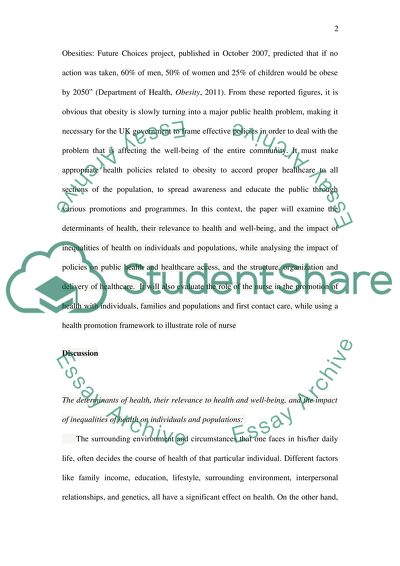Cite this document
(“Health Policy on Obesity in Relation to Mental Health Illness Essay”, n.d.)
Health Policy on Obesity in Relation to Mental Health Illness Essay. Retrieved from https://studentshare.org/nursing/1434526-health-policy-on-obesity-in-relation-to-mental
Health Policy on Obesity in Relation to Mental Health Illness Essay. Retrieved from https://studentshare.org/nursing/1434526-health-policy-on-obesity-in-relation-to-mental
(Health Policy on Obesity in Relation to Mental Health Illness Essay)
Health Policy on Obesity in Relation to Mental Health Illness Essay. https://studentshare.org/nursing/1434526-health-policy-on-obesity-in-relation-to-mental.
Health Policy on Obesity in Relation to Mental Health Illness Essay. https://studentshare.org/nursing/1434526-health-policy-on-obesity-in-relation-to-mental.
“Health Policy on Obesity in Relation to Mental Health Illness Essay”, n.d. https://studentshare.org/nursing/1434526-health-policy-on-obesity-in-relation-to-mental.


